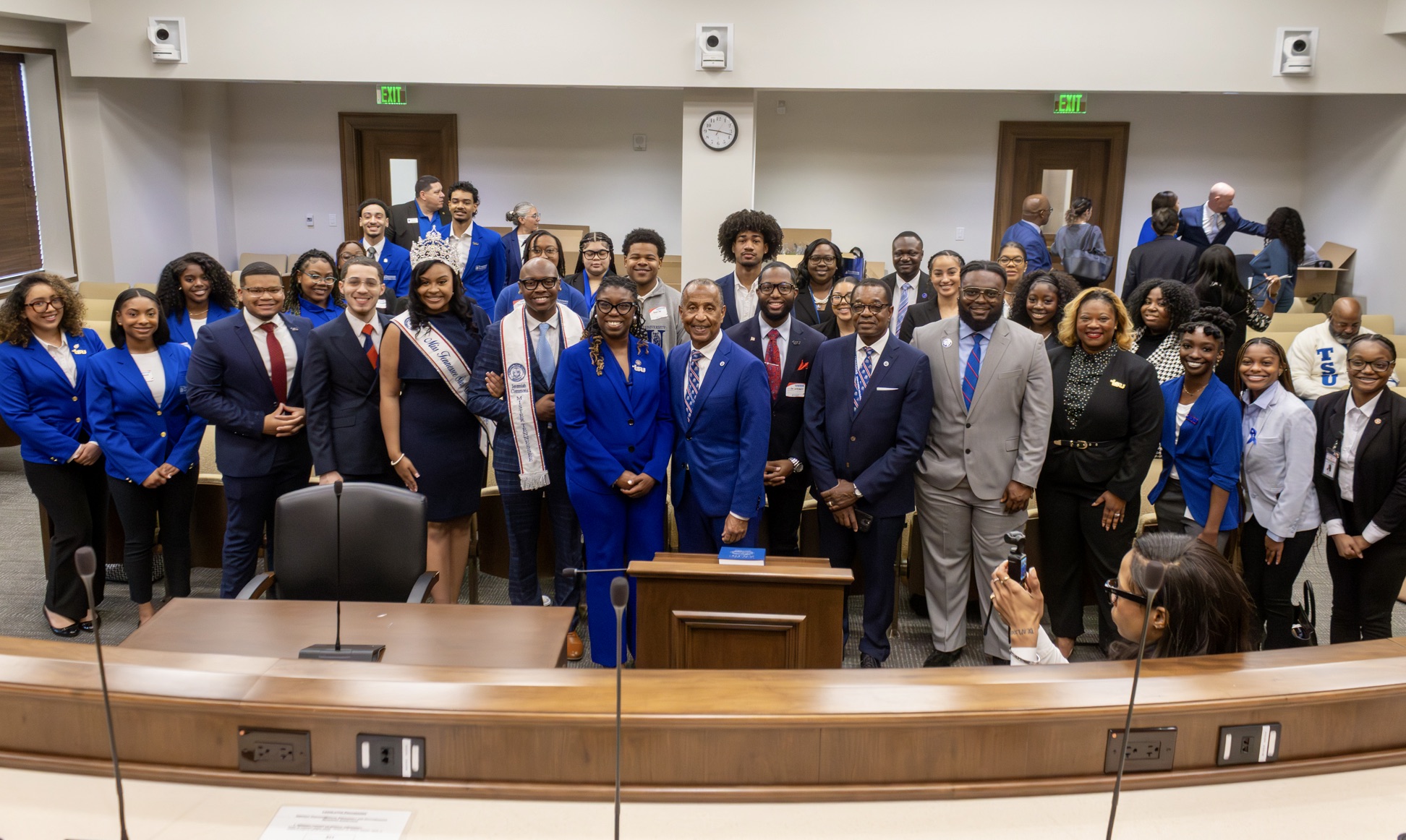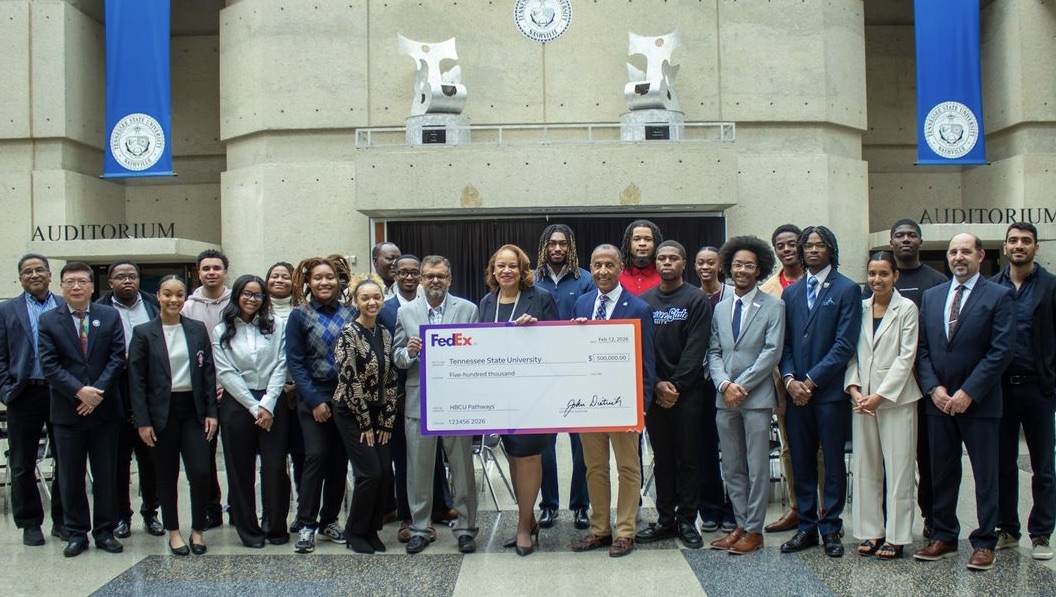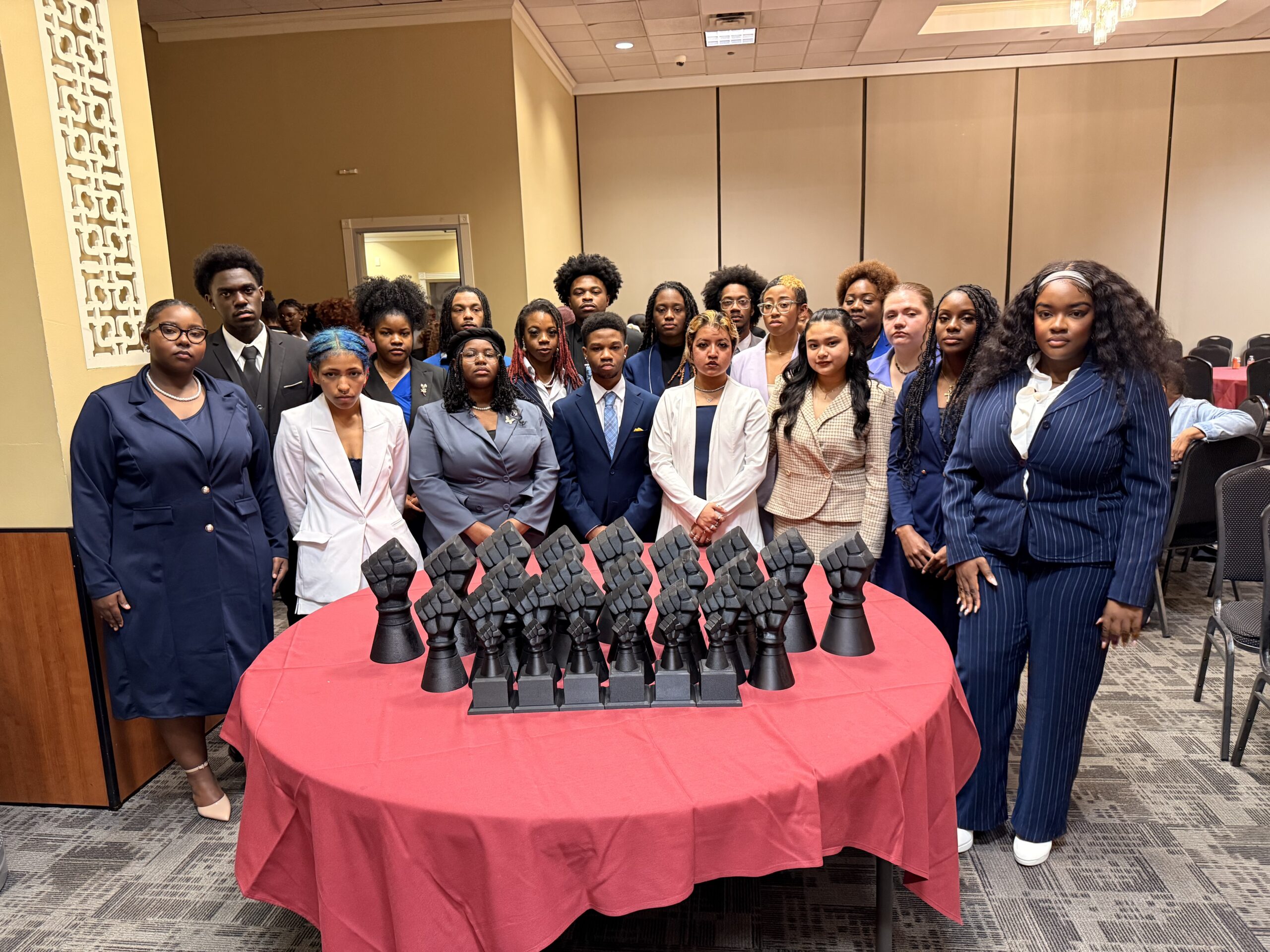
Academic honors grow as TSU strengthens student success
NASHVILLE, Tenn. (TSU News Service) – Tennessee State University students are proving that academic excellence is not just a goal, but a standard. Last semester, more

NASHVILLE, Tenn. (TSU News Service) – Tennessee State University students are proving that academic excellence is not just a goal, but a standard. Last semester, more

Tennessee State University is moving to a four-day class schedule when school resumes for the spring 2015 semester, the University administration has announced. The change is intended to allow more time for student advising, faculty office hours, as well as free up more time for faculty and students to engage in research and grant writing…



